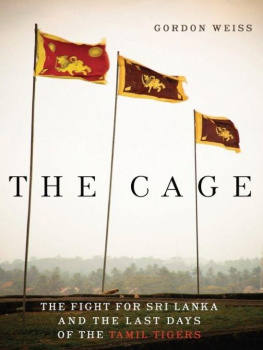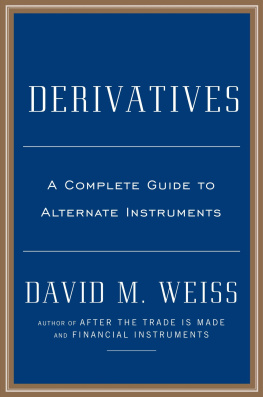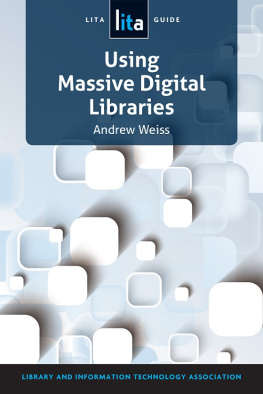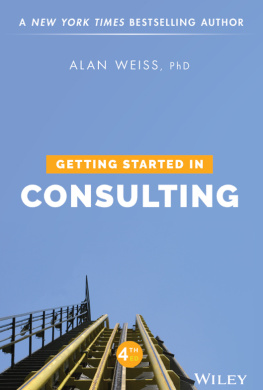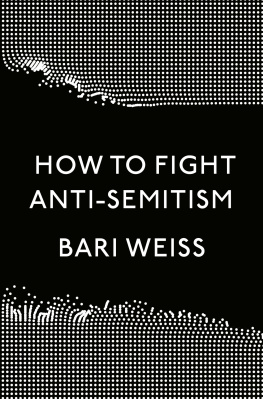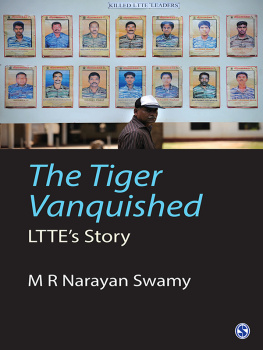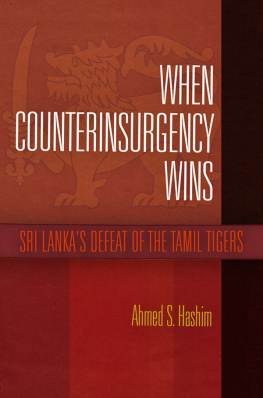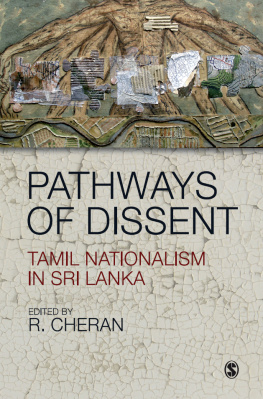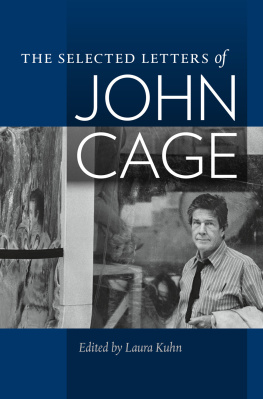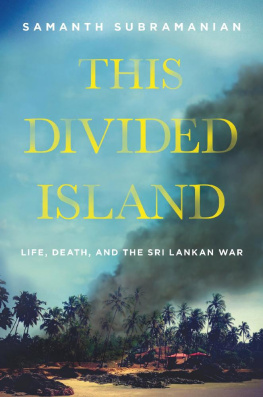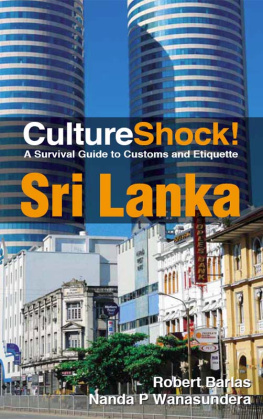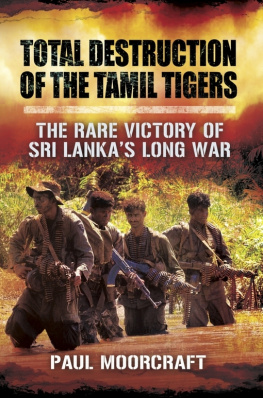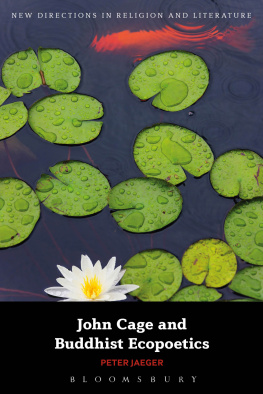Table of Contents
This book was inspired by my grandmother Suzanne, who urged me to risk and rove,
And is dedicated to my grandfather Karel 19021945, who walked with me.
Acknowledgments
M Y SPECIAL GRATITUDE TO KATEY GRUSOVIN, intrepid filmmaker and roving intellect, who endured the most turgid phase of my manuscript, kept my spirits up through the long months of writing and surrendered her Seal Rocks house with its kangaroo-strewn lawn; to Owen Harries, Senior Fellow of the Lowy Institute, adviser to statespeople and leaders and Editor Emeritus of the National Interest in Washington, DC, who generously and repeatedly critiqued the most important elements of this book until I was satisfied; and to my resolute agent Jonah Straus, who from the distant shores of New York City cultivated this project with dedication and aplomb, and brought it to publication.
My particular thanks also to Louise Arbour, President of the International Crisis Group; Chandana Keerthi Bandara and the BBCs Sinhala and Tamil Service at Bush House; Alex Bellamy, Professor of International Security at the Griffith Asia Institute, for his always warm listening; Andy Brooks of UNICEF; Dr. Samuel Doe, UN post-conflict specialist; the Hon. John Dowd AO, Chancellor of Southern Cross University and President of the Australian Section of the International Commission of Jurists; Chris du Toit, for his example; Eric Ellis, for his insights into Sri Lankas political elites; David Feith of Monash University; Basil Fernando of the Asian Human Rights Commission; Yolanda Foster at Amnesty International, London, for help obtaining archives of the JVP insurrection; Joe Gannon at Mulberry Tree Press, who carefully attended to the improved text of the US/Canada edition; Tom Gilliatt of Pan Macmillan for his measured guidance; the unique Clare Goddard for her Norwich respite and access to her rich library, from which I extracted work on the theosophists; Erika Goldman of Bellevue Publishing in New York City, who always barracked for my voice of experience; Natalie Grove, for her interest and substantive contributions to this project; the BBCs Sri Lanka Bureau Chief Charles Havilland; Ron Haviv, photographer of the VII Photo Agency, who generously contributed his photos from Sri Lanka; Mr. Heidel, a Sinhalese intellectual and gentleman who provided me with the bulk of the most important and difficult-to-obtain texts on Sri Lankas Buddhism, ethnography and history, and whose compassion gave me great hope; Dr. Anthony Hip-pisley, for his close attention to the text; Rajan Hoole of the University Teachers for Human Rights Jaffna, whose courageous and exhaustive labors speak for themselves; Vincent Hubin, a devoted United Nations civil servant and racquets partner who provided so much of the data that tracked the fate of civilians caught in the siege; my great comrade Morten Hvaal, whose military expertise, journalistic sense, experience of the siege of Sarajevo and close observations of governments at war, quite apart from the sheer joy of his friendship, served as a vital point of reference in Sri Lanka; the courageous staff of the International Committee of the Red Cross who served in Sri Lanka, and bore witness; Alfred Ironside, Director of Communications at the Ford Foundation; Alan Keenan, the Sri Lanka expert at the International Crisis Group; Warren Jacobs, for his insights into fast attack craft and brown water tactics; David Keen of the London School of Economics, for his fascinating chapters from Endless War; Damien Kingsbury of Deakin Universitys Faculty of International Relations; Ara Koopelien, for photo research; Ogi and Emily Krunic of USAID, for cartographic advice; Martin Krygier, the Gordon Samuels Professor of Law and Social Theory at the University of New South Wales Center for Interdisciplinary Studies of Law; Rich Lang of Rhode Island, intellectual, friend and doppelganger, for his valuable critiques; John Lee, the China expert at the Center for Independent Studies in Sydney (and new father); Iain Levine, Program Director at Human Rights Watch, for his efforts on behalf of this book; Jake Lynch at the University of Sydneys Center for Peace and Conflict Studies; Javier Marroquin, friend, author and aid worker, who shared his memorable experiences of Sri Lanka, as he has shared so much, and Judith, for the weeks of writing in Barcelona; Ravi Nessman, the South Asia Bureau Chief for the Associated Press, a humorous companion who kindly read through the manuscript and offered valuable advice; the staff of Londons Overseas Development Institute; Ana Pararajasingham, for his generous outreach; Kay Peddle, my hard-working, attentive and elegant editor at Random House, who spotted the potential in this story; Jacobo Quintanilla, for his help and good friendship; David Rampton of the School of Oriental and African Studies, for his insights into the JVP; Philip Reeves of National Public Radio; Richard Rigby, former Australian ambassador to China, and now head of the China Institute at the Australian National University; Jim Ross, the Legal and Policy Director at Human Rights Watch, for his expert attention to aspects of international law addressed in the book, as well as for his generous, sharp, expeditious and warmly delivered Yuletide review of one of the final versions of the manuscript; Jane Selley, for her close attention to the text; Justice Carolyn Simpson of the NSW Supreme Court; Will Sulkin, my publisher at Random House, who had the courage and curiosity to first take this project on; Captain Timothy Visscher, who explained the intricacies and explored the implications of the Long Range Information Tracking System with me; Lal Wickrematunge, former police officer, now publisher of Colombos doggedly courageous The Sunday Leader and brother of the murdered Lasantha; Professor Clive Williams, Visiting Fellow, Strategic & Defense Studies Center, School of International, Political & Strategic Studies at the Australian National University, for his lucid and restrained analysis of the LTTE; my colleagues and friends at the United Nations, whose valuable work goes often unsung; staff at the British Library for their help; contributing members of the Sinhalese communities of Australia, France and the UK, who did not wish to be named, yet reviewed the chapters on the JVP, the early history of Sri Lanka, as well as my conclusions; contributing members of Australias Tamil community who did not wish to be named; and the many, many full-hearted and boisterous Sri Lankans of casual encounters and more profound friendships, who shed so much light on the complexity of the island.
My thanks, not least of all, to all my familymy father Zdenek and mother Angela for her vigilant reading of the text and proof suggestions, my stepfather Alwyn for the legal reading, my sister Rachael for her Sheffield cottage, sisters Suzanne and Alexandra, nieces and nephewsbut above all others to my daughters Anna and Catalina, and to their mother Olga, who brought joy and warmth, insistently, even as they endured the months of writing.
Preface to the American Edition
I F I WERE AN AMERICAN browsing through a table of books, I would surely ask myself what on earth could tempt me to read a volume dedicated to a distant war fought on a small Asian island. Toward the end of The Cage, originally published in mid-2011, I rhetorically posed a similar question to American political leaders: Why should they bother with Sri Lanka? Fortunately, the US administration answered the question on its own, in a fascinating diplomatic battle won just this year.

